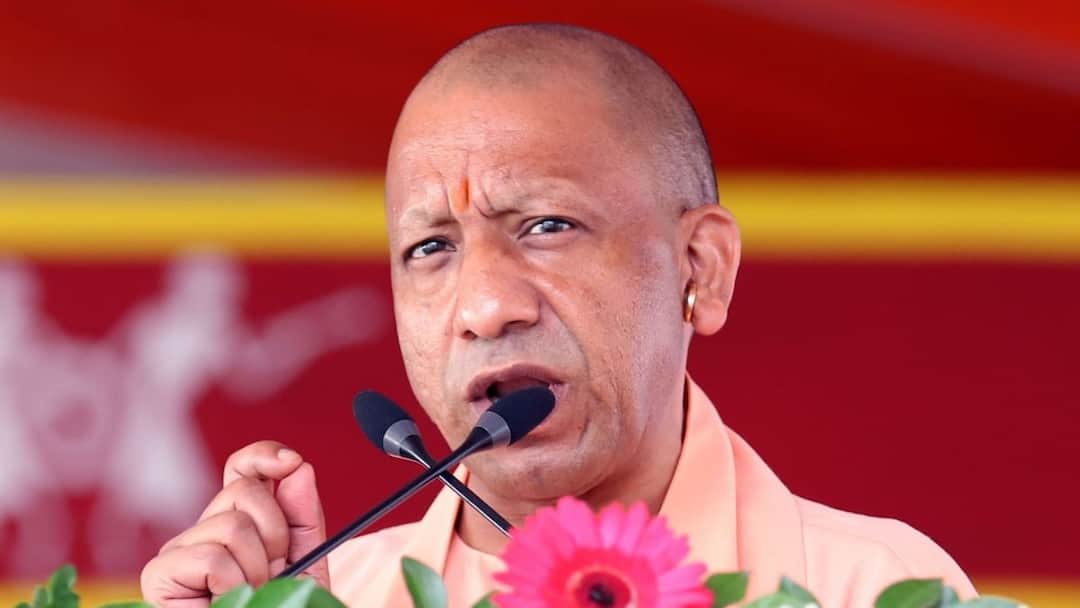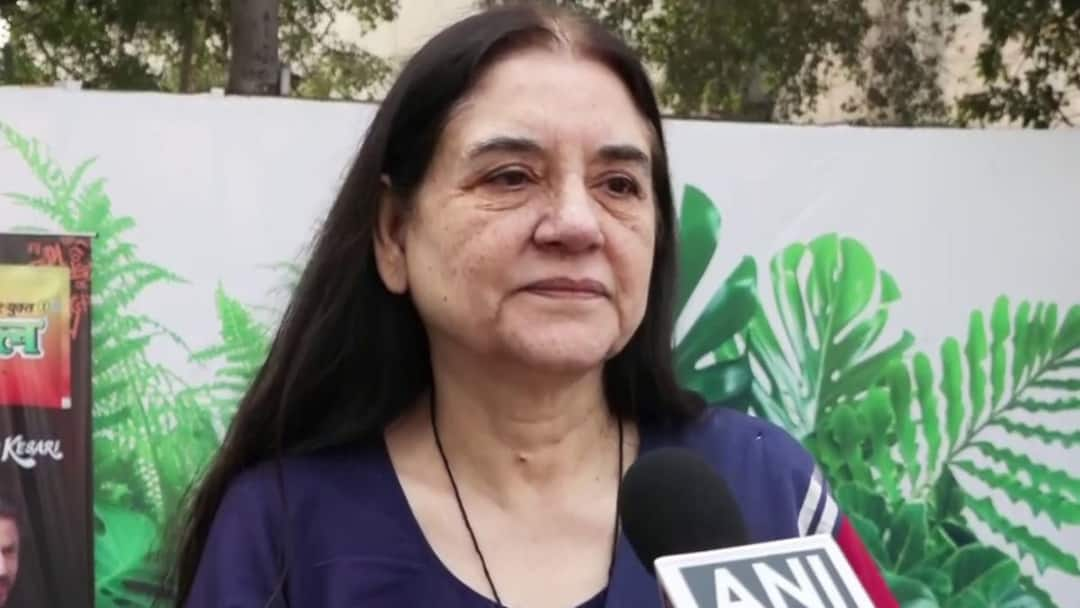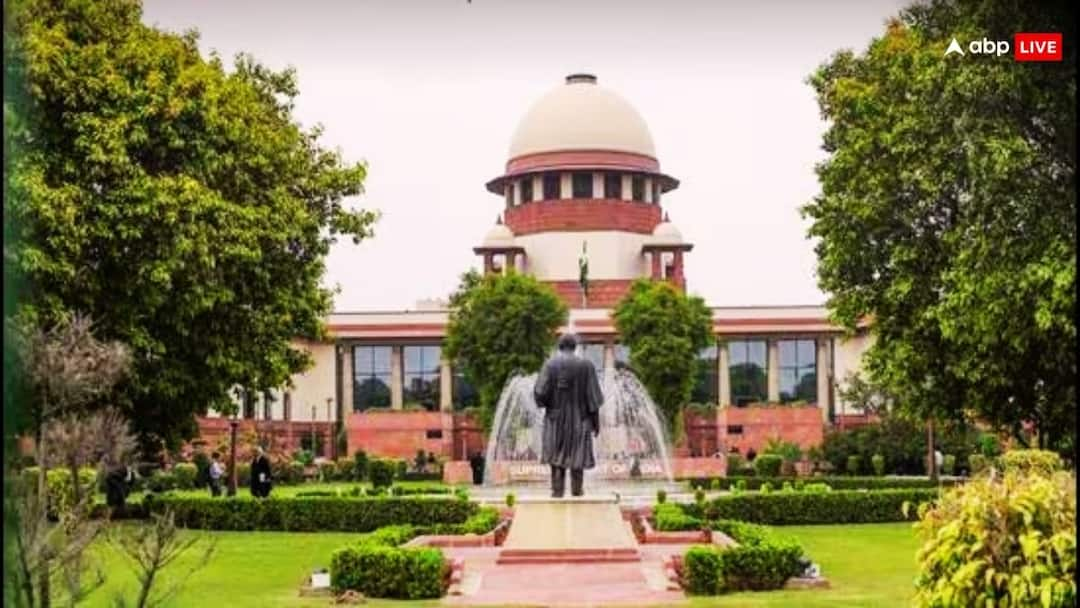The Yogi Adityanath government in Uttar Pradesh has rolled out a series of initiatives aimed at transforming tribal welfare, integrating long-neglected communities into the state’s growth framework. With a focus on inclusive governance, the administration has moved from Antyodaya to Sarvodaya, ensuring that the most marginalised groups are prioritised in development efforts.
Development Reaches 517 Tribal Villages
Under the Dharti Aaba Janjatiya Gram Utkarsh Abhiyan and Dharti Aaba Janbhagidari Abhiyan, saturation-based development has reached 517 tribal-dominated villages across 26 districts. These areas have been brought under key government schemes such as Ayushman Bharat, Ujjwala, Jan Dhan, Kisan Samman Nidhi, and PM Vishwakarma Yojana, improving access to connectivity, healthcare, and livelihood support.
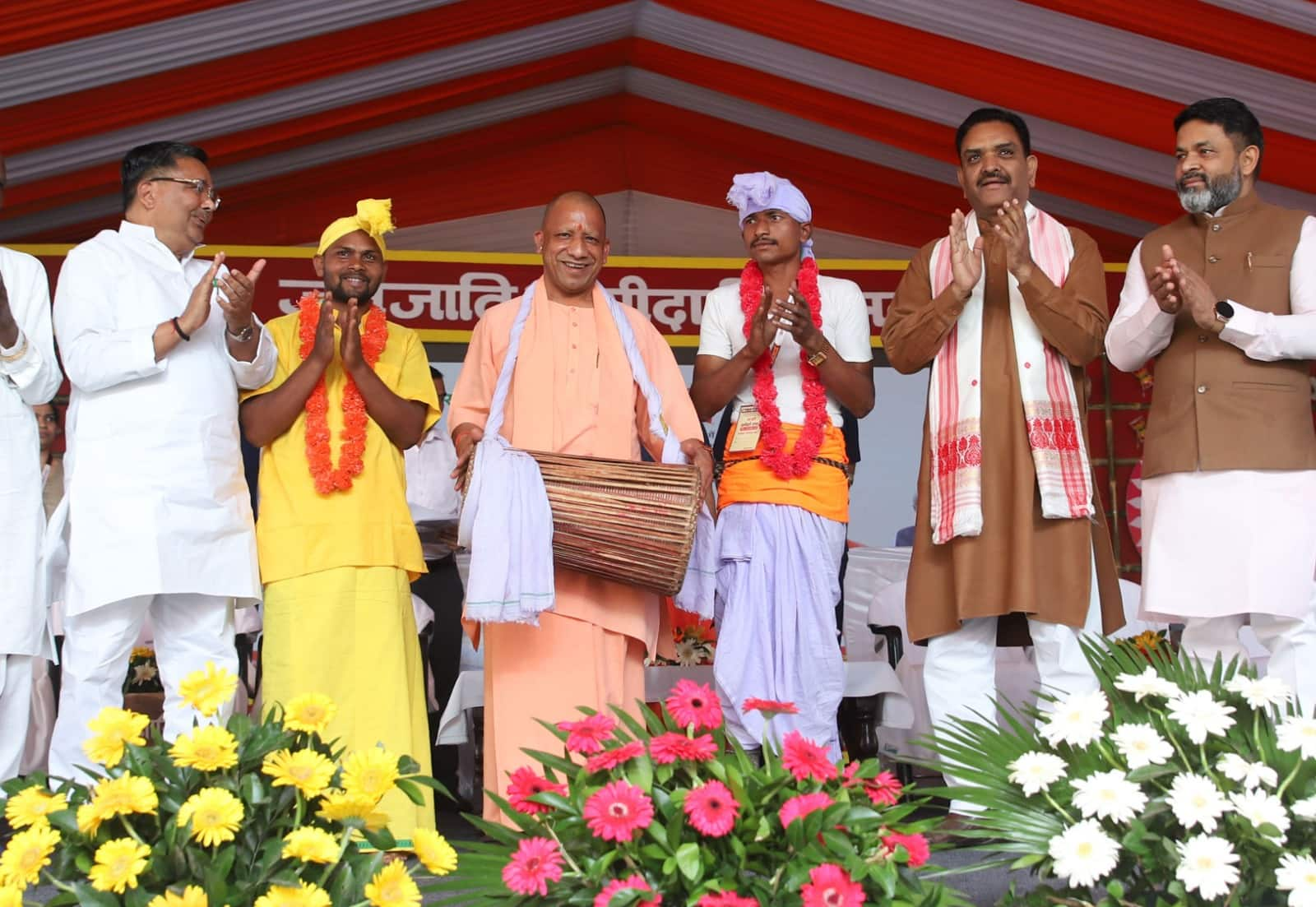
Focus on Tharu, Buksa and Other Tribes
The state has expanded welfare coverage for Tharu, Buksa, and Bhotia tribes, benefiting more than 11 lakh people through schemes providing housing, education, electricity, drinking water, and healthcare. Under PM Janman and Mukhyamantri Awas Yojana, 815 Buksa families in forest regions now have full access to essential amenities including roads, power, and clean water.
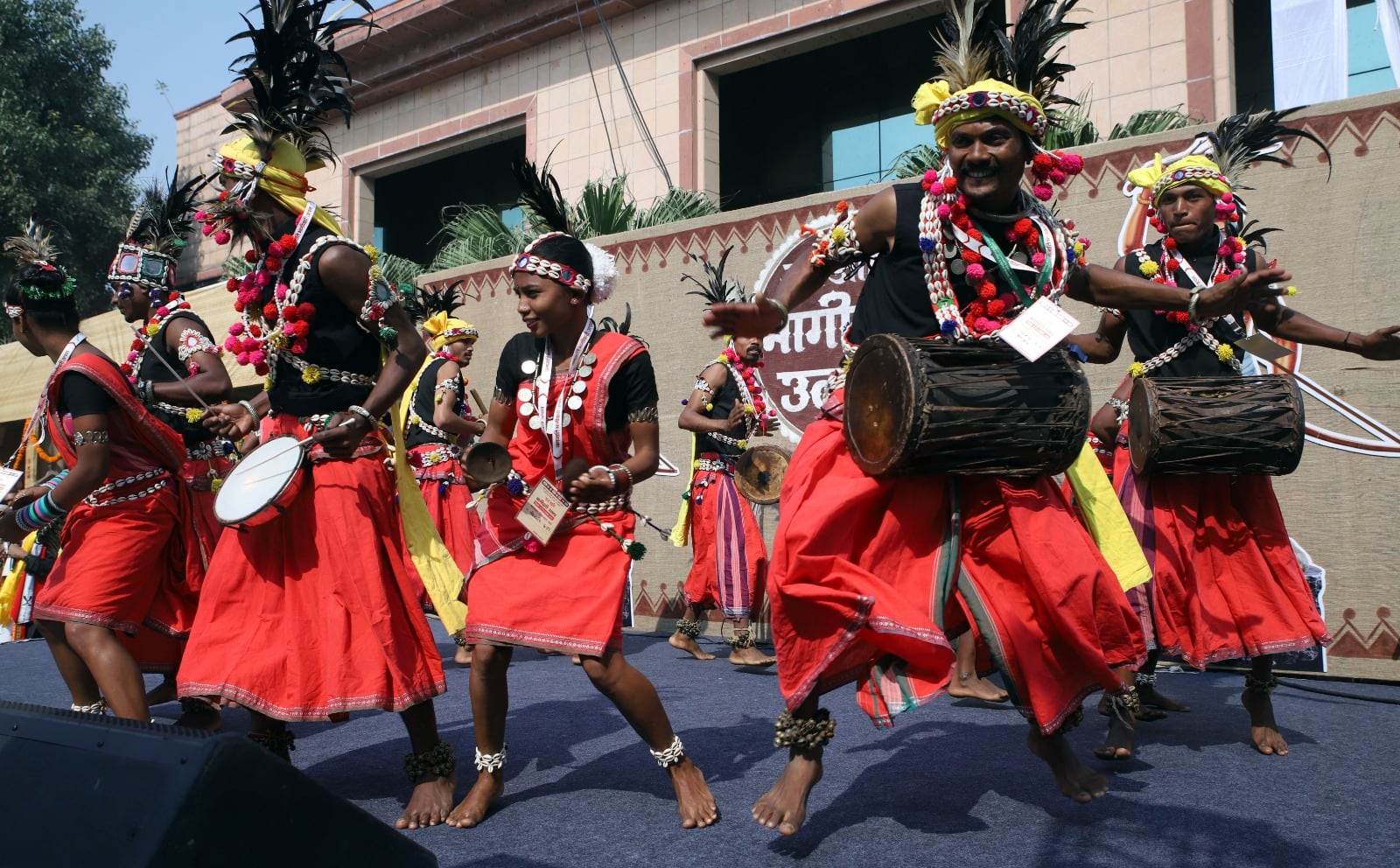
Tharu Handicraft Company Boosts Local Economy
To promote self-reliance and preserve traditional crafts, the government set up the Tharu Handicraft Company in Lakhimpur Kheri, linking 371 self-help groups with national markets through revolving and community investment funds. A Tharu Museum has also been opened in Balrampur, with similar facilities being developed in Mirzapur, Sonbhadra, and Maharajganj.
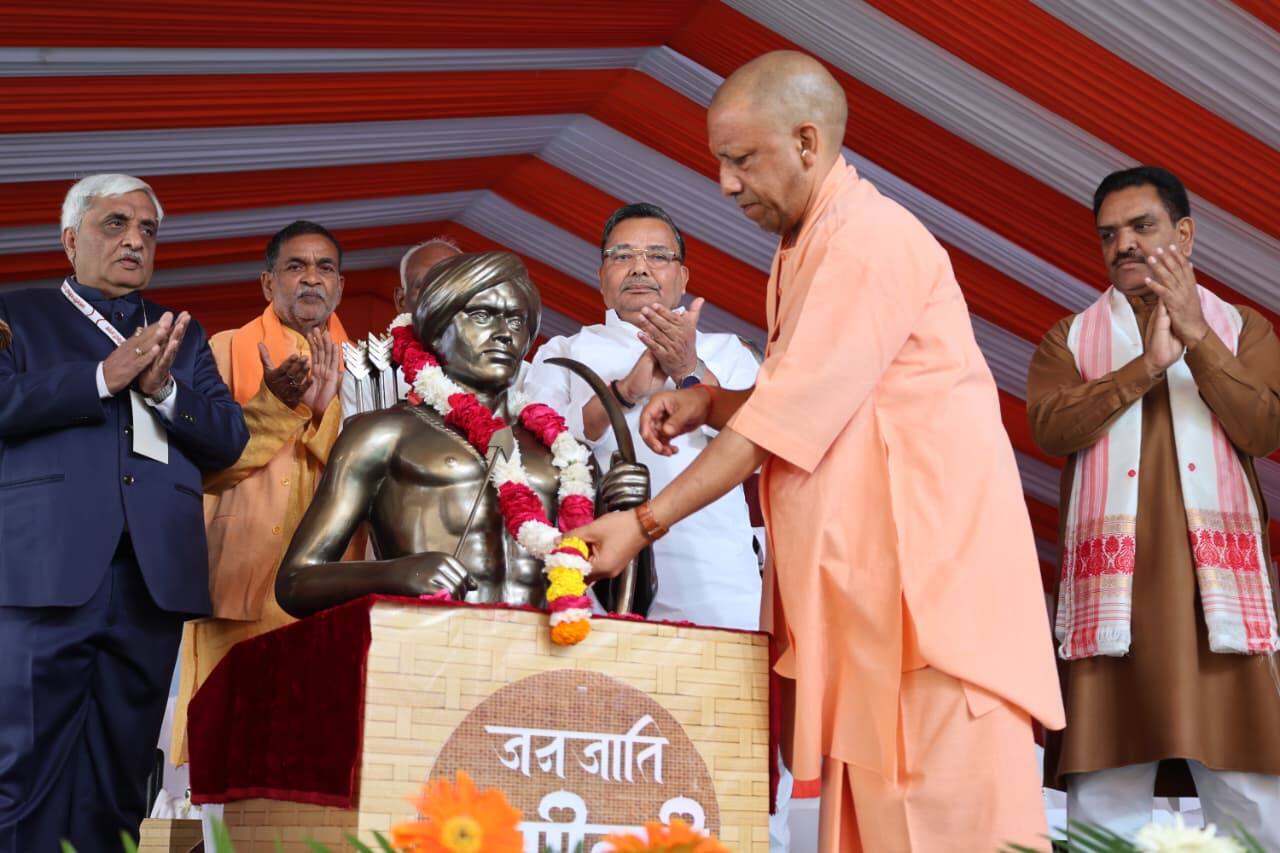
Education Schemes Strengthen Tribal Youth Base
Educational initiatives such as Eklavya Model Schools, Sarvodaya Hostels, and Ashram Vidyalayas are helping expand learning access for tribal children. Schools in Lakhimpur Kheri, Bahraich, Sonbhadra, and Lalitpur are providing holistic education opportunities for students from remote areas.
Training and Representation in Governance
Under the Pre-Examination Training Centre Scheme, over 700 Scheduled Tribe candidates have been selected for administrative roles, while 6,500 youth are undergoing training at eight centres. Full utilisation of reserved seats in police recruitment highlights growing representation of tribal communities in governance.
Initiatives for Freed and Nomadic Tribes
Welfare efforts also cover freed and nomadic groups such as the Nat, Banjara, Sansi, Kanjar, and Kalbelia communities. With 101 Ashram Vidyalayas, nine Sarvodaya Schools, and multiple hostels, the government is expanding access to housing, education, and social security.
Cultural Revival and Inclusive Growth
By combining heritage preservation with welfare-driven development, the Yogi government has aimed to bring cultural recognition, economic stability, and self-reliance to tribal populations, marking a shift toward inclusive and sustainable growth in Uttar Pradesh.

